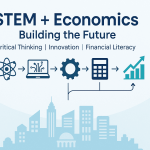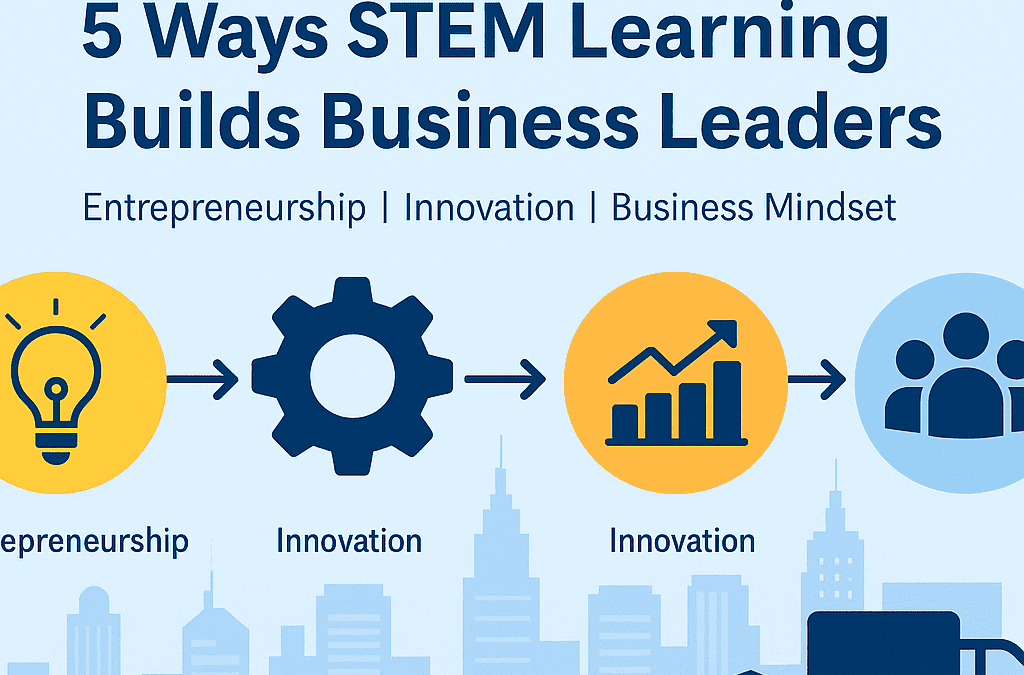
5 Reasons Why STEM Education Is Closely Linked to Economics

5 Ways STEM Education in Malaysia Empowers Future Innovators
In today’s rapidly changing world, business success isn’t just about having a good idea—it’s about having the skills to execute, adapt, and innovate. In Malaysia, STEM education (Science, Technology, Engineering, Mathematics) is becoming a crucial foundation for young entrepreneurs and future business leaders.
Here’s how STEM learning is shaping the next generation of business innovators:
1. Developing a Strong Business Mindset Through Problem-Solving
Running a business is about solving problems—whether it’s meeting customer needs, improving efficiency, or adapting to new markets. STEM education trains students to think critically, analyze data, test solutions, and make informed decisions. This mindset is vital for business success, from startup founders to corporate managers.
2. Equipping Students for Operations and Logistics Management
Business operations and supply chain logistics are critical to running a company efficiently. STEM fields like engineering and mathematics teach students how to optimize processes, allocate resources, and manage production systems. These skills help future entrepreneurs streamline operations and increase profitability.
3. Building Marketing and Financial Analysis Skills
STEM education strengthens students’ ability to understand data, identify patterns, and predict outcomes—skills that are essential for marketing strategies and financial planning. Whether it’s analyzing customer behavior, forecasting sales, or setting budgets, a STEM-based approach gives Malaysian students a strong edge in competitive business environments.
4. Preparing Future Human Resource Leaders
Managing people effectively requires logical thinking, systems organization, and performance analysis—key skills built through STEM learning. Understanding data-driven HR practices such as employee engagement analytics, resource optimization, and digital HR systems prepares students to lead people-centric organizations with innovation and empathy.
5. Fostering Entrepreneurial Thinking and Tech-Driven Startups
Malaysia’s growing tech startup scene—from e-commerce platforms to fintech and green tech—is fueled by STEM innovation. STEM learning encourages students to explore technologies like AI, IoT, big data, and blockchain, giving them the tools to create innovative businesses that can thrive in a digital economy.
By integrating STEM education with business knowledge, Malaysia can produce a new generation of entrepreneurs and leaders who are not only tech-savvy but also capable of building strong, sustainable businesses. STEM education isn’t just for scientists and engineers—it’s for anyone who wants to lead, innovate, and shape the economy of tomorrow.
